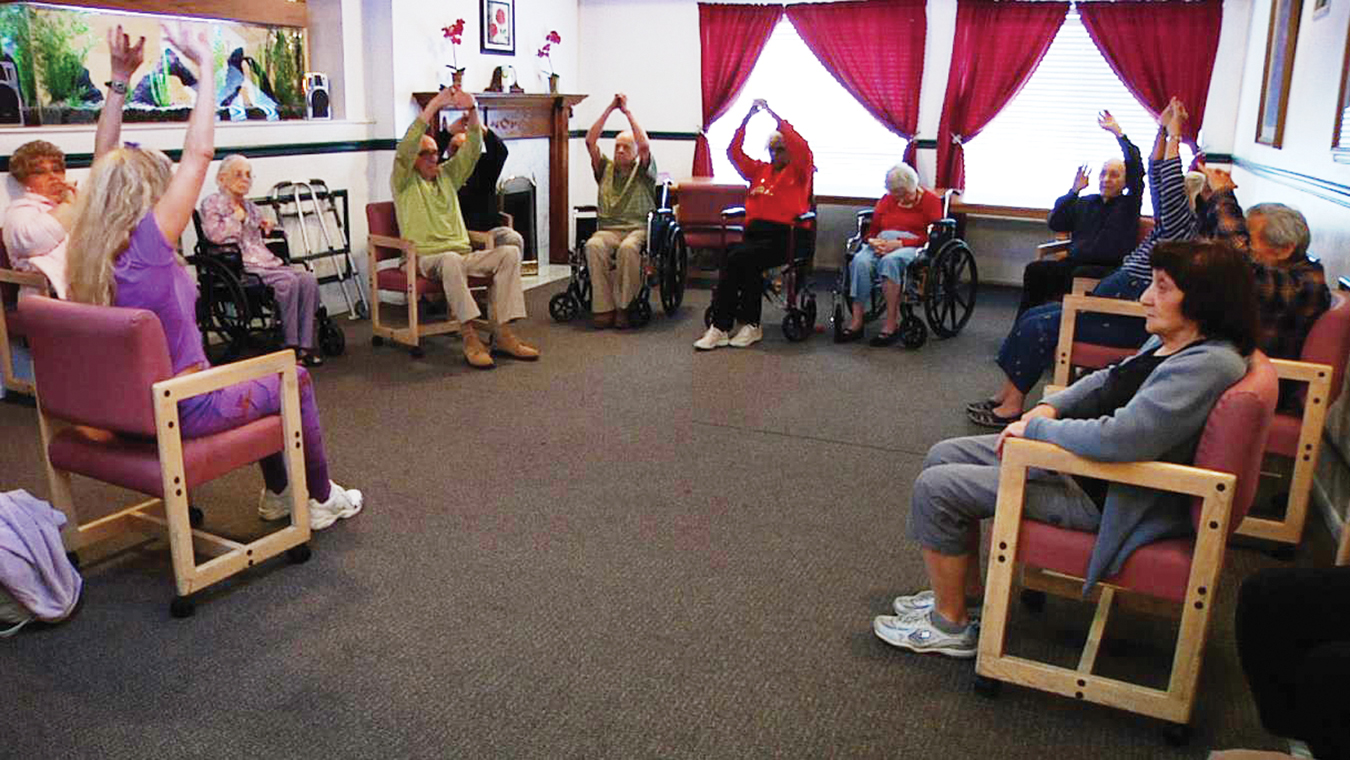Applications
Question 24.1
At all ages, memory is selective. People forget much more than they remember. Choose someone—
a sibling, a former classmate, or a current friend— who went through some public event that you did. Sit down together, write separate lists of all the details each of you remembers about the event, and then compare your accounts. What insight does this exercise give you into the kinds of things adults remember and forget? Question 24.2
Many factors affect intellectual sharpness. Think of an occasion when you felt stupid and an occasion when you felt smart. How did the contexts of the two experiences differ? How might those differences affect the performance of elderly and young adults who go to a university laboratory for testing?
Question 24.3
Visit someone in a hospital. Note all the elements in the environment—
such as noise, lights, schedules, and personnel— that might cause an elderly patient to feel confused.
ONLINE CONNECTIONS

To accompany your textbook, you have access to a number of online resources, including Learning Curve, an adaptive quizzing program, critical thinking questions, and case studies. For access to any of these links, go to www.worthpublishers.com/
- Alzheimer Disease. Outlines the progressive course of Alzheimer disease, as well as the types and limits of treatments. Includes video about the effects of chronic stress on caregivers.